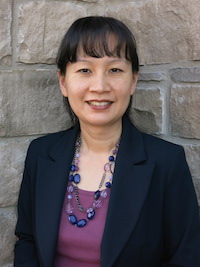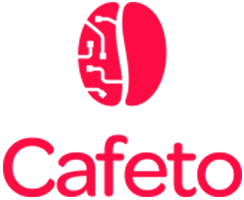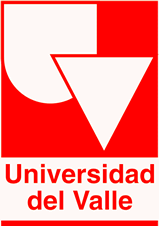VLDB Student Travel Grants
Thanks to the generous support of the VLDB Endowment, we have travel grants available to offer students attending the AMW school and workshop. All students wanting to participate are encouraged to apply, however, preference will be given to students registered in a Latin American university. Grants will have a maximum value of US$1,500 to help cover flight, accommodation and registration in the main workshop. These grants will be awarded in cash at the event.
If you are a student (undergrad or postgrad) attending the AMW school and workshop, and would like to receive travel support, please send an email to the AMW school chairs (Jarek Szlichta - jarek@szlichta.com and Domagoj Vrgoč - domagojvrgoc@gmail.com) stating why you would like to attend the school and how much support you would need.
Please also CC your supervisor (or a professor in your department), and attach a short 1-page CV (including at least: name, address, universities attended, degrees achieved/in-progress, current position; and if applicable: theses and/or publications authored, supervisor, relevant professional experience, other important merits, etc.). In case you have a paper in the AMW workshop, please provide us with details of this in your email.
We will then select those students who we feel stand to gain the most from the experience of attending the school.
The students selected for the travel grants are expected to prepare a poster to be presented during the evening sessions of the school and the workshop.
Deadline: April 11th
Notification: April 13th.









